PM Oli plans ordinance to facilitate party split, CPN (US) and JSP main target
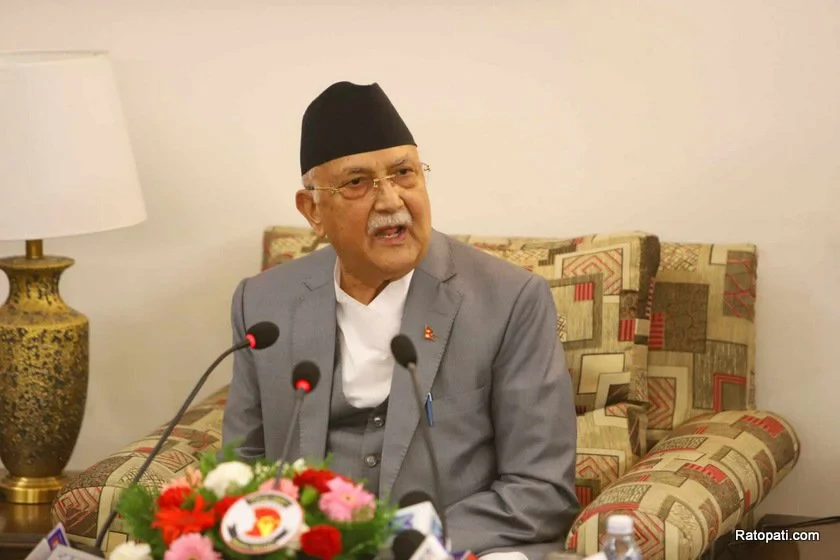
Kathmandu, October 21 — Prime Minister KP Sharma Oli is preparing to bring an ordinance related to party split. After discussions with former Prime Minister and Congress President Sher Bahadur Deuba at the Prime Minister's residence in Baluwatar, Oli has decided to move forward with the ordinance.
In discussions that continued late into Sunday night, Oli sought Deuba’s support for an ordinance that would facilitate party divisions. However, it appears that Deuba remained silent on Oli's proposal.
Attending the meeting were UML General Secretary Shankar Pokharel, Finance Minister Bishnu Paudel, and other top leaders. From the Congress party, Deuba was joined by Home Minister Ramesh Lekhak, General Secretary Gagan Thapa, and others. Reports indicate that after receiving a mandate from the UML's secretariat to proceed with the ordinance, Oli discussed the matter with Deuba.
A source stated, "There was a discussion between Prime Minister Oli and Deuba about the ordinance. However, no approval has been given to Oli regarding whether to bring it or not."
Nonetheless, Oli has indicated to his close associates that he will present the ordinance in the cabinet meeting scheduled for Monday.
Oli is reportedly drafting an ordinance that would allow party divisions if at least 20% of the central committee members or parliamentary party members are in agreement.
Meanwhile, following Oli's preparations to introduce the ordinance, Congress General Secretary Gagan Thapa has expressed concern to Deuba. Their meeting location was kept confidential.
In contrast, Congress leader Shekhar Koirala has opposed the ordinance, stating that the government’s move to introduce a party-related bill would not be beneficial for the country's democracy.
Another Congress leader mentioned that during the meeting with Deuba, Oli clearly indicated his intention to bring the ordinance. Although Deuba did not provide a concrete response, he did not express any opposition either.
Which parties are in Oli's target?
Oli's repeated insistence on the ordinance in discussions with Deuba is understood to be aimed at further splitting the Unified Socialist party, a splinter faction of the UML. After dissolving Parliament twice in 2020, contrary to the constitution, the UML was divided.
The UML split on September 17, 2021 under the leadership of Madhav Nepal. At that time, Deuba, who had become Prime Minister with the support of the Madhav faction, introduced an ordinance to facilitate the division of the UML and JSP Nepal.
This ordinance allowed for the formation of a separate party if 20% of members from either the central committee or the parliamentary party agreed. After the division of both parties, the ordinance became inactive.
Additionally, following the 10th General Convention held in July, there has been significant dissatisfaction within the Unified Socialist party. The Unified Socialist has 18 MPs in total—8 in the National Assembly and 10 in the House of Representatives. Reports suggest that half of these MPs and over 40% of central committee members are considering returning to the UML. Unified Socialist leaders believe that Oli's primary goal is to create divisions within their party through the ordinance.
Furthermore, it is analyzed that Oli aims to make it easier for the newly formed faction of JSP Nepal, led by Ashok Rai, to divide with the ordinance. Chairman Upendra Yadav of the JSP had filed a writ in the Supreme Court against the division of his party in April. A temporary interim order has been issued in this case, but since the ordinance is inactive, Oli also has plans to facilitate the further split of JSP.
Political analyst Shankar Tiwari stated that the purpose of Oli introducing the ordinance could be to divide the Unified Socialist, JSP Nepal, and even Rabi Lamichhane's Rashtriya Swatantra Party (RSP). He argued that attempting to govern through an ordinance while bypassing Parliament could be detrimental to the Congress party.
"Oli's mission appears to be to divide RSP, JSP Nepal, and the Unified Socialist. However, bringing an ordinance without parliamentary consent would be harmful for Congress," he said.
Tiwari also commented that Deuba seems powerless against Oli's firm stance.
In the midst of preparations for the ordinance, former Prime Minister and respected leader of the Unified Socialist, Jhalanath Khanal, expressed doubt that Congress would support the ordinance. He argued that if the ordinance is introduced, it would endanger not only Congress but also democracy itself.
"I don't think Congress will allow Oli to bring the ordinance, effectively shooting itself in the foot. Given Oli's past actions, if the ordinance is enacted, it would not only threaten Congress but also the constitution and democracy," Khanal stated.
Previously, the Oli government had introduced an ordinance in 2020 to facilitate the division of JSP Nepal. After widespread controversy, Oli withdrew the ordinance.
The last ordinance regarding political parties was issued in 2021, allowing for party division with 20% support from either the central committee or the parliamentary party. After the UML and JSP Nepal split, this ordinance became inactive. Although the ordinance was inactive, the regulations established under it remain in effect. Based on those regulations, a new party was registered with the Election Commission, led by Ashok Rai.
To fill this void, the then Prime Minister Pushpa Kamal Dahal 'Prachanda' led the government to decide in January to establish provisions for party division, registering an amendment bill in the secretariat of the House of Representatives.
Discussions about Oli's potential ordinance were also held at a meeting of opposition parties last Friday, where a decision was made to oppose any ordinance introduced by Oli.


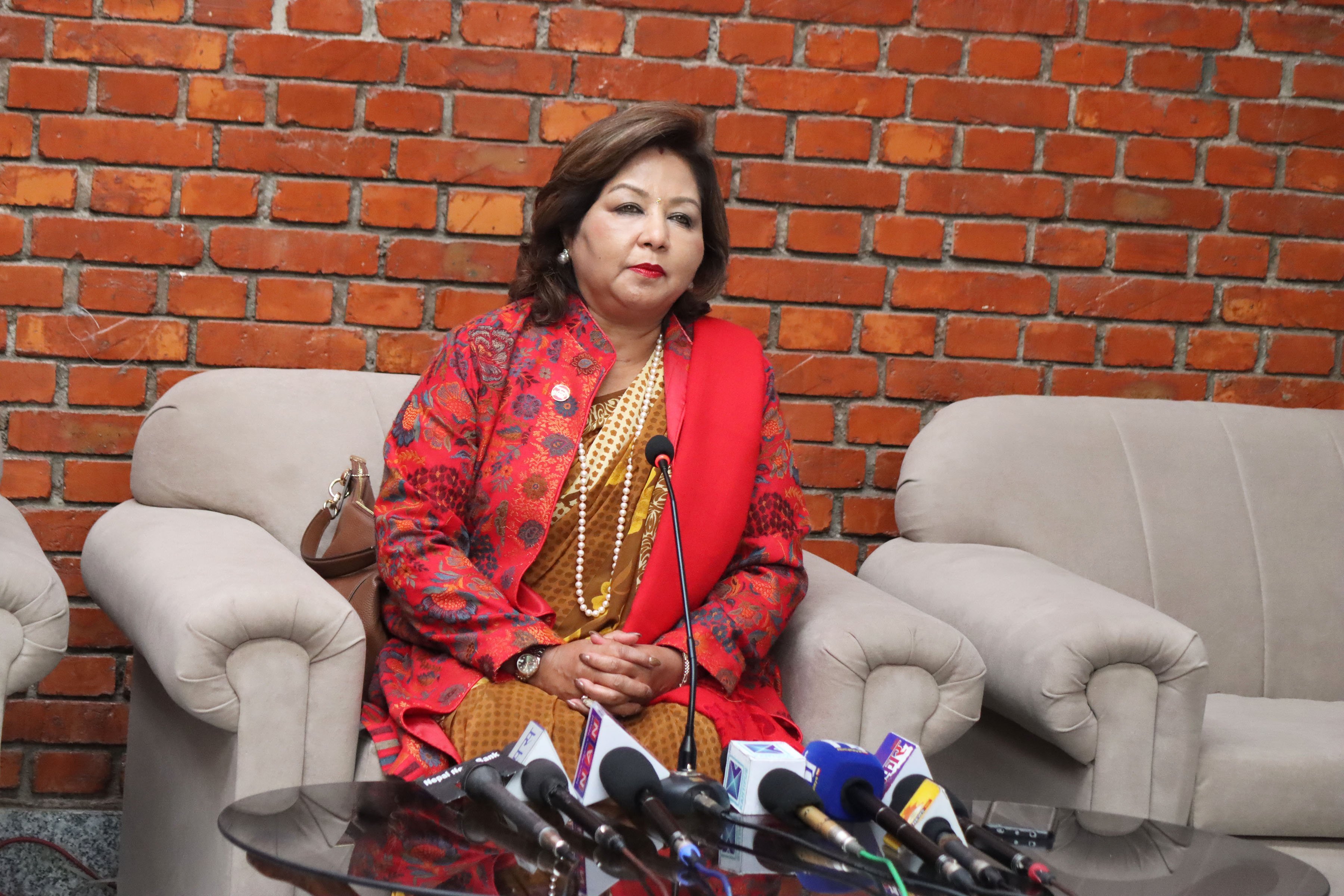
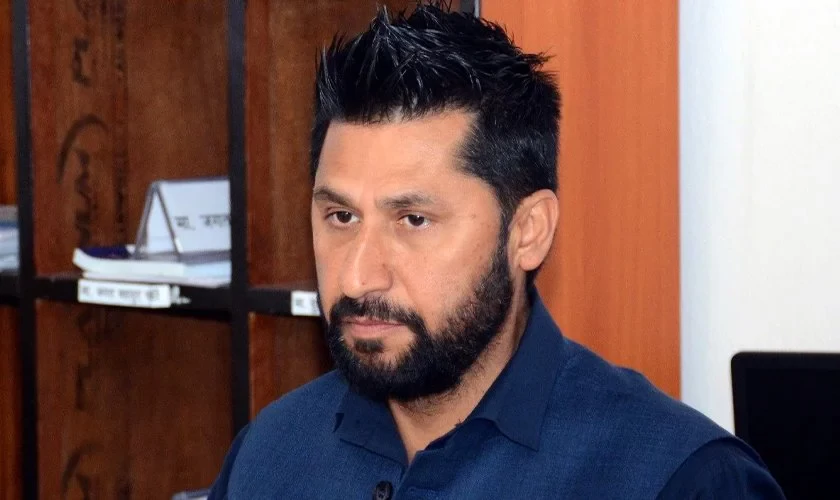
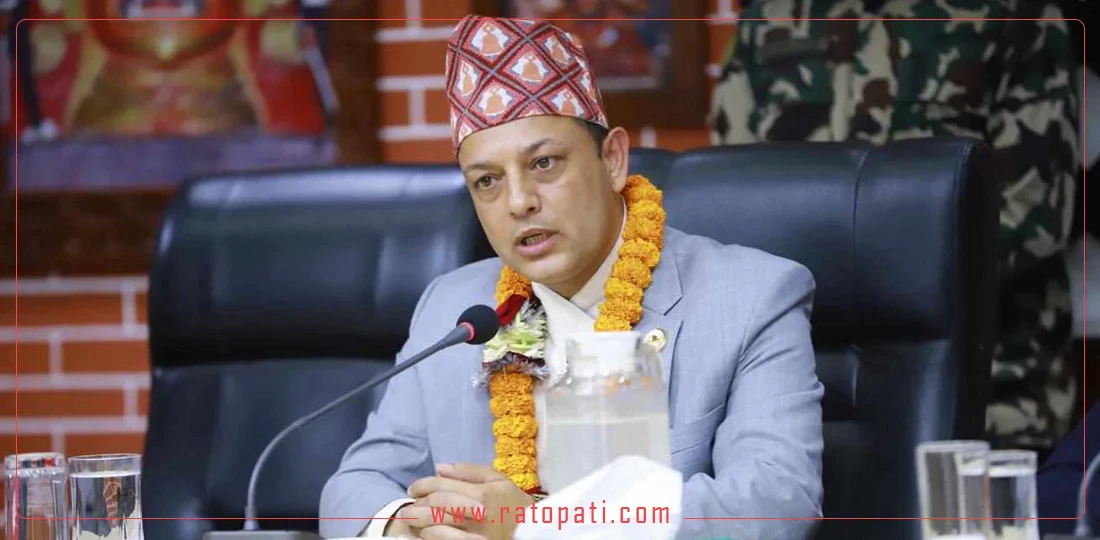
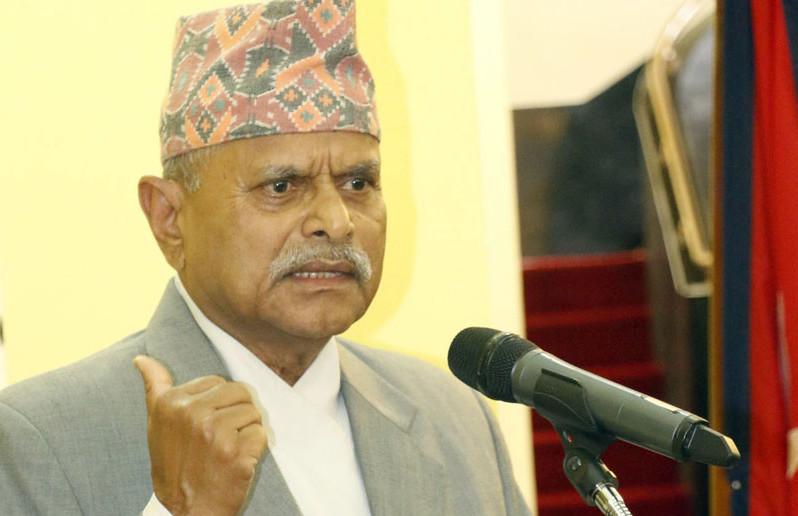
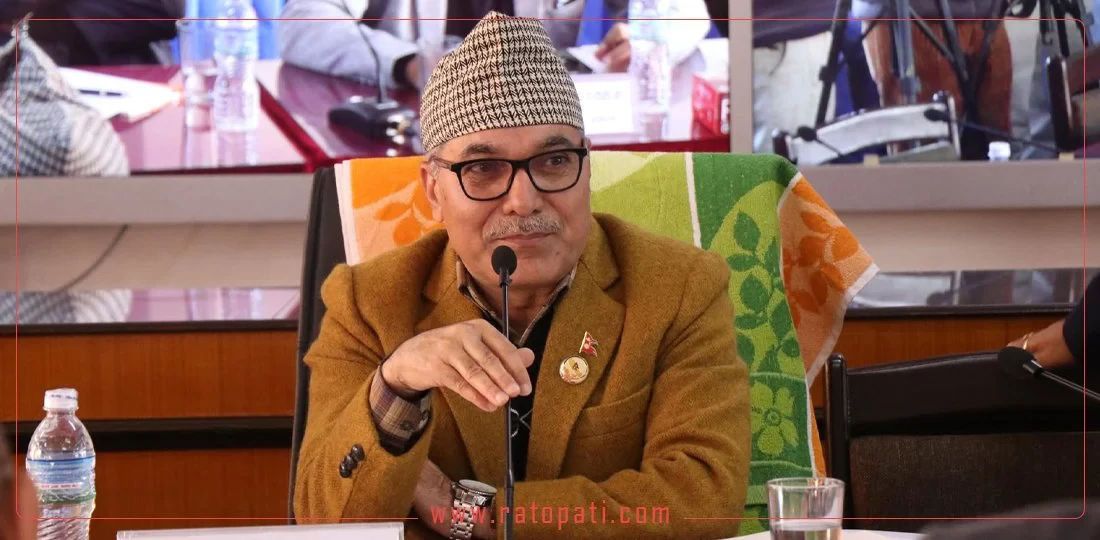
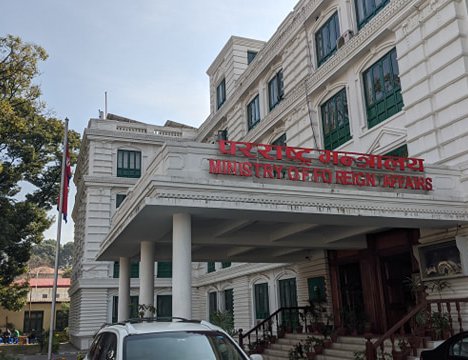
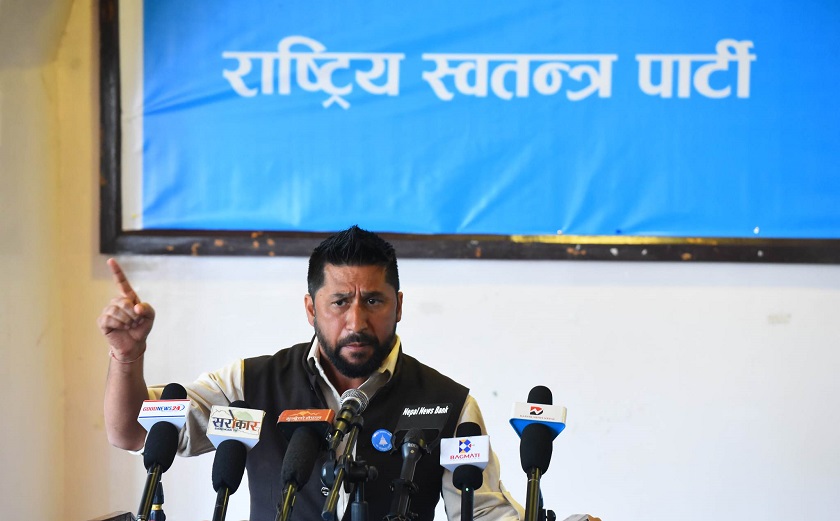
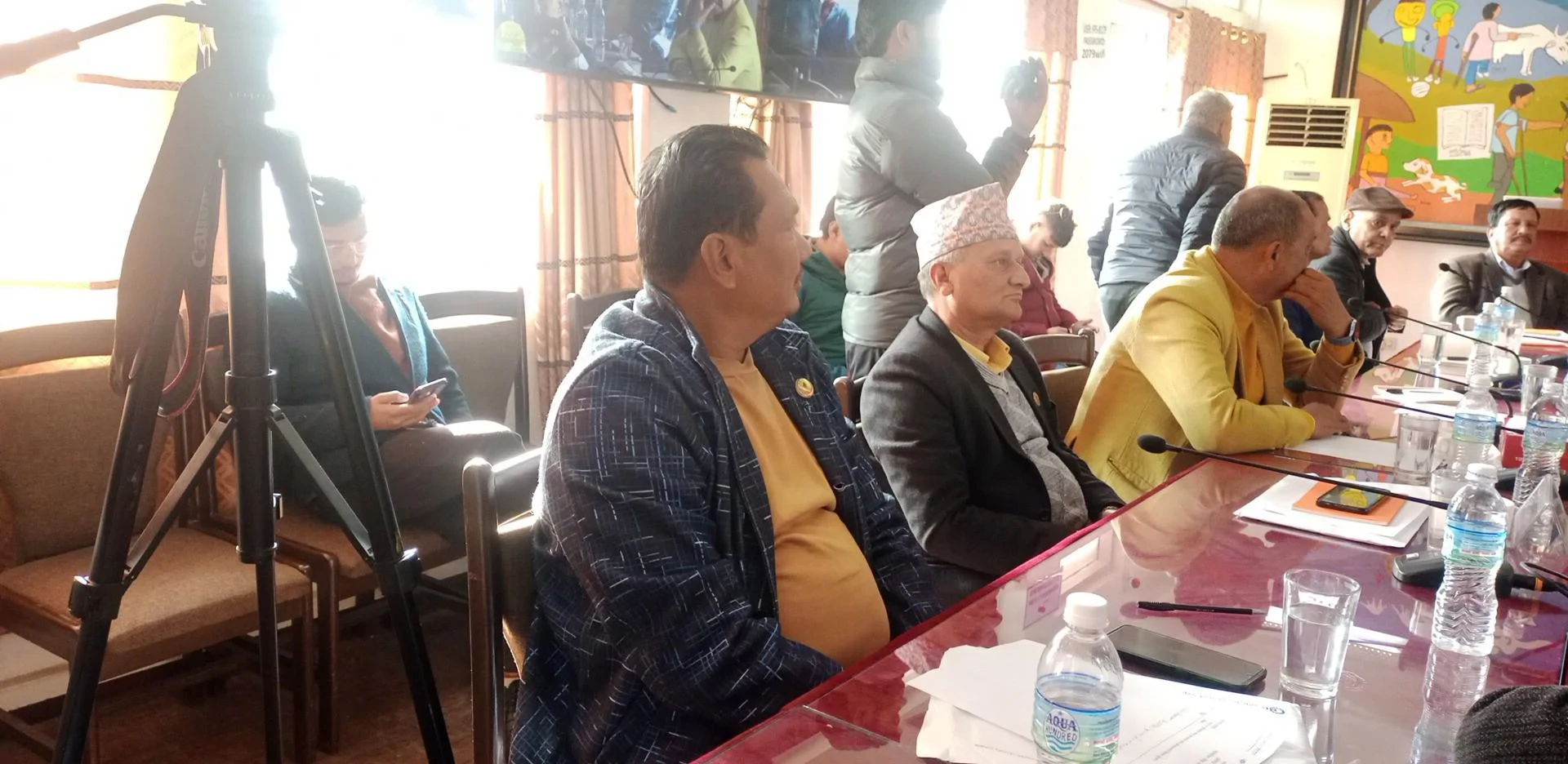
Leave Comment